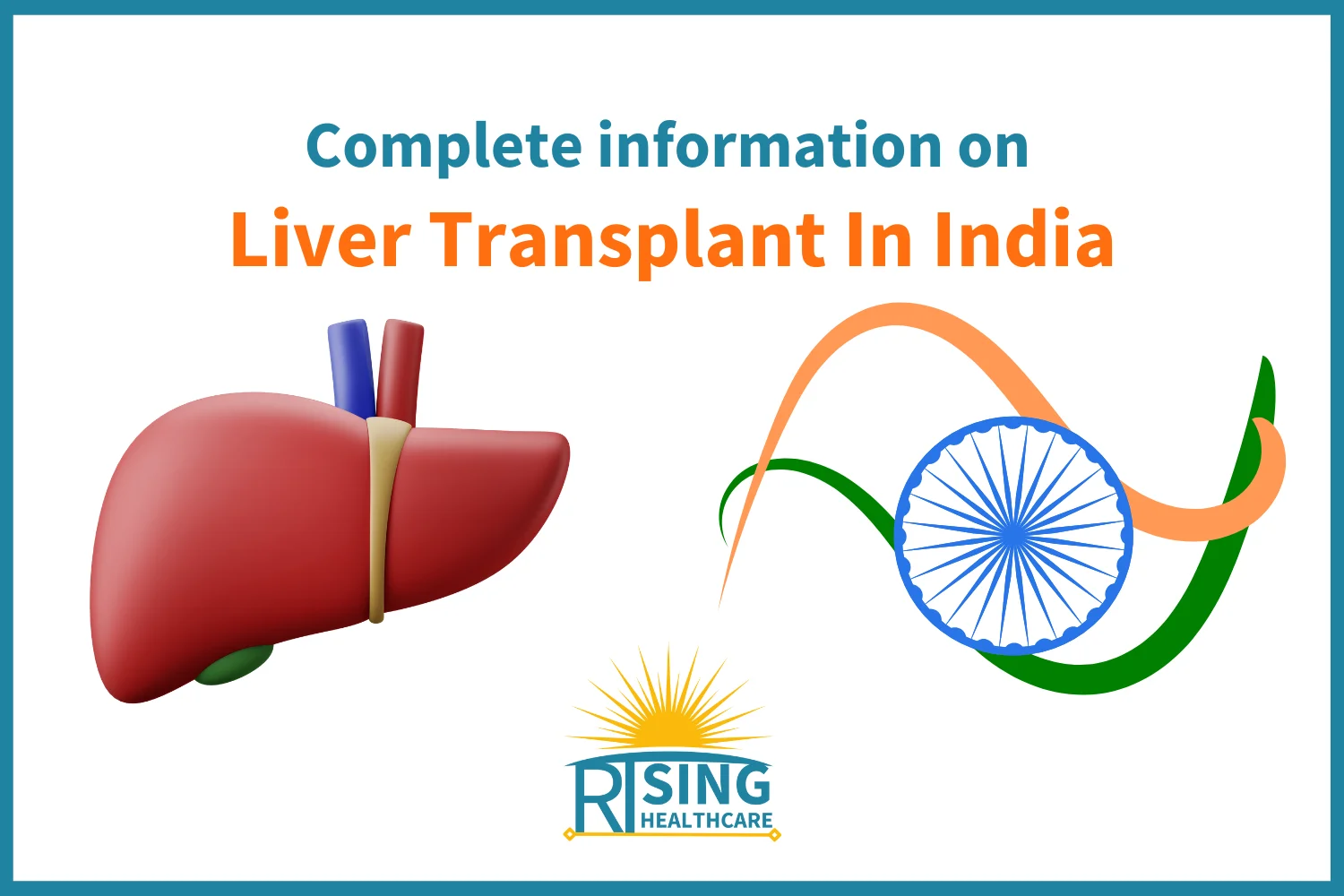
Liver cirrhosis is a serious condition that affects millions of people worldwide. It occurs when the liver becomes scarred and damaged due to long-term inflammation and injury. While there is no cure for cirrhosis, there are various treatment options available to manage the disease, alleviate symptoms, and slow down its progression. In this comprehensive guide, we will explore liver cirrhosis treatment in simple language, focusing on the key aspects of managing this condition effectively.
Contents
Understanding Liver Cirrhosis
Before delving into treatment options, it’s essential to understand what liver cirrhosis is and what causes it. The liver is a vital organ responsible for numerous functions in the body, such as filtering toxins, processing nutrients, and producing proteins necessary for blood clotting. When the liver is repeatedly injured due to factors like excessive alcohol consumption, viral infections (such as hepatitis B and C), fatty liver disease, or autoimmune conditions, it can lead to inflammation and scarring, eventually resulting in cirrhosis.
Symptoms of Liver Cirrhosis
Liver cirrhosis often develops slowly over time, and its symptoms may not be apparent in the early stages. As the disease progresses, however, various symptoms may become noticeable. Common symptoms of liver cirrhosis include:
- Fatigue: Feeling extremely tired or weak is a common symptom of liver cirrhosis, as the liver’s ability to store and release energy is compromised.
- Jaundice: Yellowing of the skin and eyes occurs due to the buildup of bilirubin, a waste product that the liver cannot process effectively.
- Abdominal Pain: Cirrhosis can lead to abdominal discomfort, especially on the right side where the liver is located.
- Swelling: Fluid retention can result in swelling in the legs and abdomen, known as edema and ascites, respectively.
- Itchy Skin: The buildup of toxins in the bloodstream can cause itching, often more intense at night.
- Easy Bruising and Bleeding: A damaged liver may struggle to produce sufficient blood-clotting proteins, leading to easy bruising and prolonged bleeding.
- Spider Angiomas: Small, spider-like blood vessels may appear on the skin, particularly on the chest and shoulders.
- Dark Urine and Pale Stools: Liver dysfunction can alter the color of urine and stools.
- Loss of Appetite and Weight Loss: Digestive issues can result in a reduced appetite and unintended weight loss.
- Mental Confusion: A condition known as hepatic encephalopathy can cause cognitive problems, confusion, and forgetfulness.
Liver Cirrhosis Treatment Options
While liver cirrhosis cannot be reversed, appropriate treatment can help manage the disease, prevent complications, and improve your quality of life. Treatment strategies are often tailored to the underlying cause of cirrhosis and the specific symptoms experienced. Here are the main approaches to liver cirrhosis treatment:
- Addressing the Underlying Cause:a. Alcohol Cessation: If excessive alcohol consumption is the primary cause of cirrhosis, the most crucial step is to stop drinking alcohol completely. This is essential to prevent further liver damage and allow the liver to heal to some extent.b. Treatment for Viral Infections: In cases where hepatitis B or C is responsible for cirrhosis, antiviral medications are prescribed to manage and control the infection. These medications can slow down the progression of cirrhosis and reduce the risk of complications.c. Managing Fatty Liver Disease: For individuals with non-alcoholic fatty liver disease (NAFLD) or non-alcoholic steatohepatitis (NASH), lifestyle changes such as a balanced diet, regular exercise, and weight management are critical. Medications may also be prescribed to manage specific aspects of these conditions.
- Symptom Management:a. Fluid Retention: Medications called diuretics may be prescribed to help the body remove excess fluid, reducing swelling and relieving discomfort. A low-sodium diet is also recommended to manage fluid retention.b. Itching: Over-the-counter creams and prescription medications can alleviate itching. Keeping the skin well-moisturized and avoiding hot showers can also help.c. Fatigue and Weakness: Adequate rest, balanced nutrition, and regular exercise can combat fatigue. Your healthcare provider may also investigate and address anemia, which can contribute to tiredness.
- Treating Complications:a. Variceal Bleeding: Cirrhosis can cause the development of enlarged blood vessels (varices) in the esophagus or stomach, which can rupture and bleed. Medications to reduce pressure in these blood vessels and endoscopic procedures (banding or sclerotherapy) to stop bleeding may be necessary.b. Hepatic Encephalopathy: Medications such as lactulose and rifaximin are commonly used to manage hepatic encephalopathy. Reducing protein intake and maintaining good bowel habits can also help.c. Liver Cancer Screening: Regular surveillance for liver cancer (hepatocellular carcinoma) is crucial for early detection and treatment.
- Liver Transplantation:a. In severe cases of cirrhosis where the liver function is significantly impaired and complications are life-threatening, a liver transplant may be the best option. A liver transplant involves replacing the damaged liver with a healthy one from a deceased or living donor.
Living with Liver Cirrhosis
Liver cirrhosis is a chronic condition that requires ongoing management. Here are some essential tips for living with cirrhosis:
- Follow Your Doctor’s Advice: Regularly visit your healthcare provider for check-ups and follow their recommended treatment plan. Take all prescribed medications as directed.
- Maintain a Healthy Diet: Eat a well-balanced diet that is low in salt and processed foods. Focus on fresh fruits, vegetables, lean proteins, and whole grains. Avoid alcohol and limit your intake of saturated and trans fats.
- Stay Hydrated: Proper hydration is essential, but monitor your fluid intake, especially if you have fluid retention (edema or ascites). Follow your healthcare provider’s advice on fluid restriction.
- Exercise Regularly: Engage in regular physical activity to improve overall health and reduce fatigue. Consult with your healthcare provider before starting any new exercise regimen.
- Avoid Alcohol and Smoking: Completely eliminate alcohol consumption, and if you smoke, seek assistance to quit smoking. Both alcohol and smoking can worsen liver cirrhosis.
- Manage Medications Carefully: Inform all healthcare providers about your cirrhosis and any medications or supplements you are taking. Some medications can harm the liver or interact with other treatments.
- Monitor for Complications: Be vigilant for any signs of complications such as bleeding, confusion, or severe abdominal pain. Seek immediate medical attention if you experience these symptoms.
- Mental Health Support: Living with a chronic condition can take a toll on your mental health. Consider seeking support from a counselor or therapist to help cope with the emotional aspects of cirrhosis.
Conclusion
Liver cirrhosis is a serious condition that cannot be cured, but it can be managed effectively with the right treatment and lifestyle changes. By addressing the underlying causes, managing symptoms, and seeking medical care when needed, individuals with cirrhosis can lead fulfilling lives and reduce the risk of complications. Remember, early

